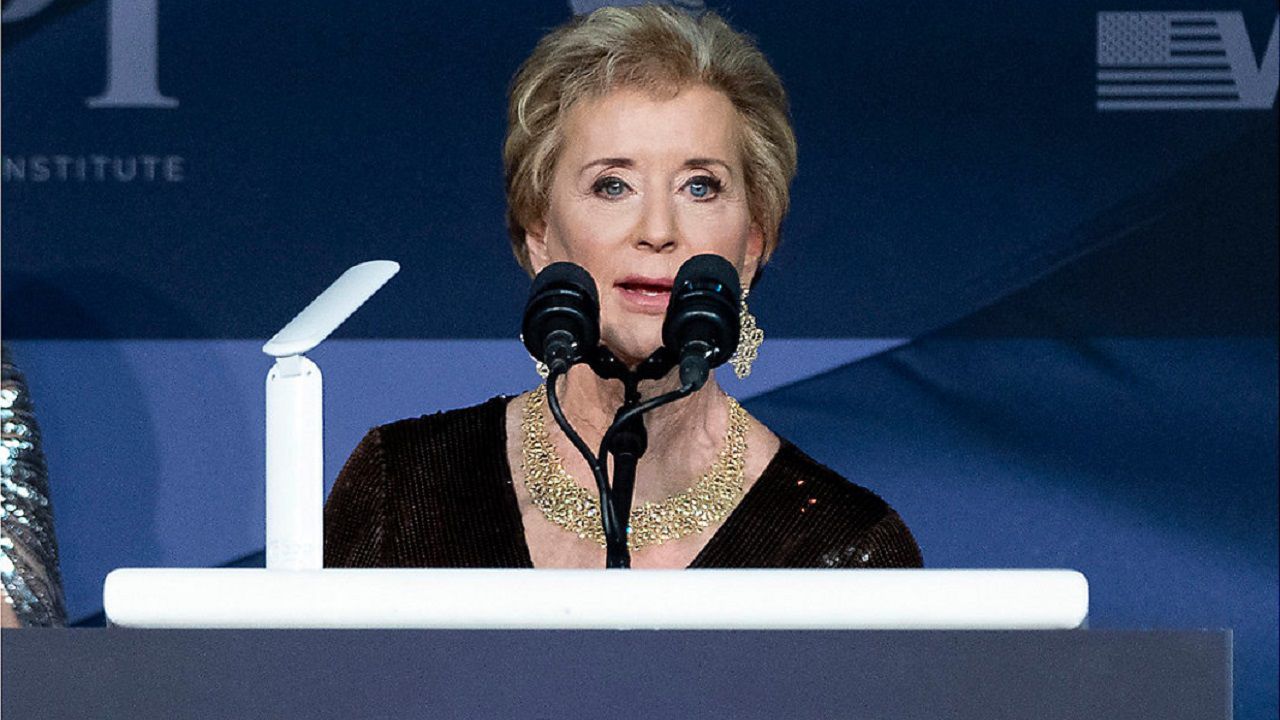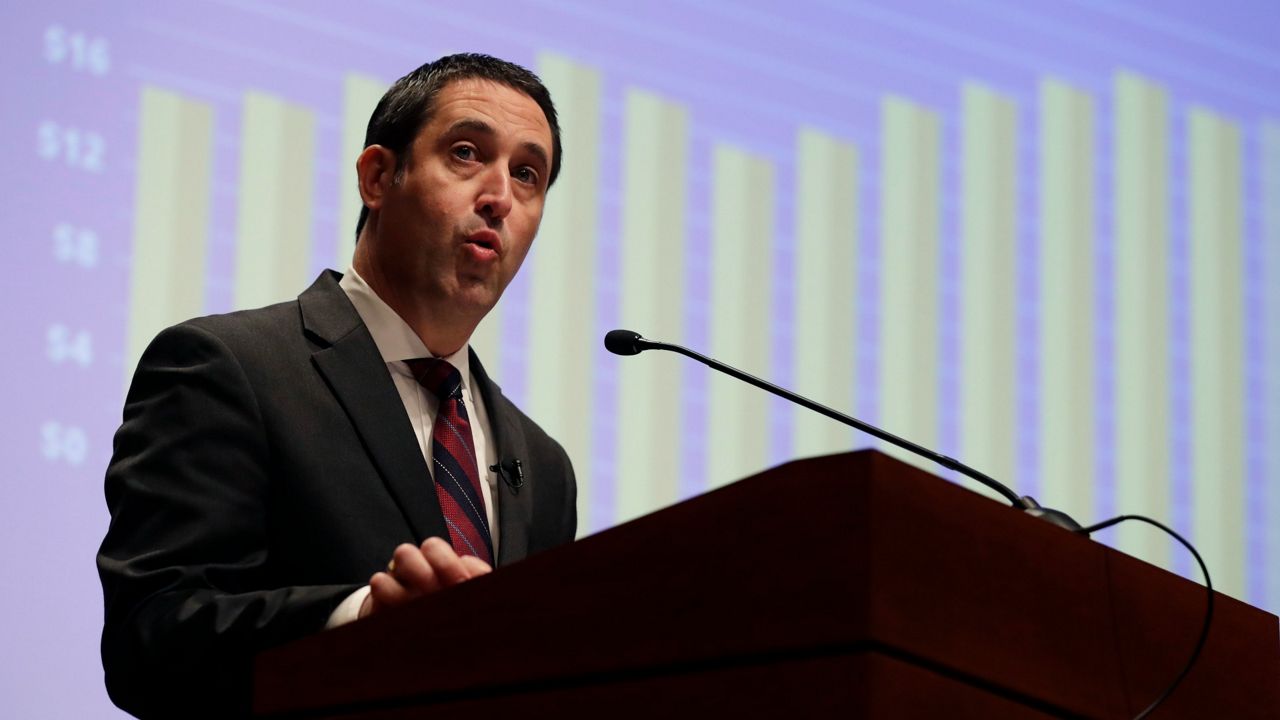AUSTIN, Texas — While some experts believe the rogue country’s ability to make intercontinental contact is far from possible, the United States military stays close to danger. There are thousands of troops stationed across the Pacific including Japan and South Korea.
“This is a real threat to Americans and of course to Texans," said Alan Kuperman, an associate professor at the University of Texas at Austin and the coordinator of the Nuclear Proliferation Prevention Project. "Texans are disproportionately in the US military so there's going to be many Texans over there vulnerable to attack, conventional attack from North Korea.”
For now, the only countermeasures are insults. Instead of military conflict, there is something personal happening between the White House and North Korea.
“These are two individuals who have now put their personal prestige on the line," Jeremi Suri, a professor of history and public affair at UT-Austin. "What we know as historians is when leaders put their personal prestige on the line, it’s very difficult for them to back down.”
But will a war of words reach nuclear proportions? National security experts at the University believe the United States needs that aggressive policy of deterrence.
“Clearly they are on heightened alert, clearly they think there's a chance it’s not all just rhetoric and that moves them closer we hope to a diplomatic solution,” said Andrew Peek, a predoctoral fellow at the Clements Center for National Security.
Other professors said tough talk won’t turn the tide. With each missile test, North Korea is perfecting its nuclear technology.
“That should worry all Americans especially when we have a president in the US who is essentially provoking North Korea to the point where North Korea may feel out of fear or anger that it needs to attack the United States,” Kuperman said.
Though it seems we’re a world away, experts said citizens have a part to play in a nuclear standoff.
“We should talk to senators and members of congress and encourage to stay tough with North Korea but to pursue reasonable policies," Suri said. "We don’t want war.”










